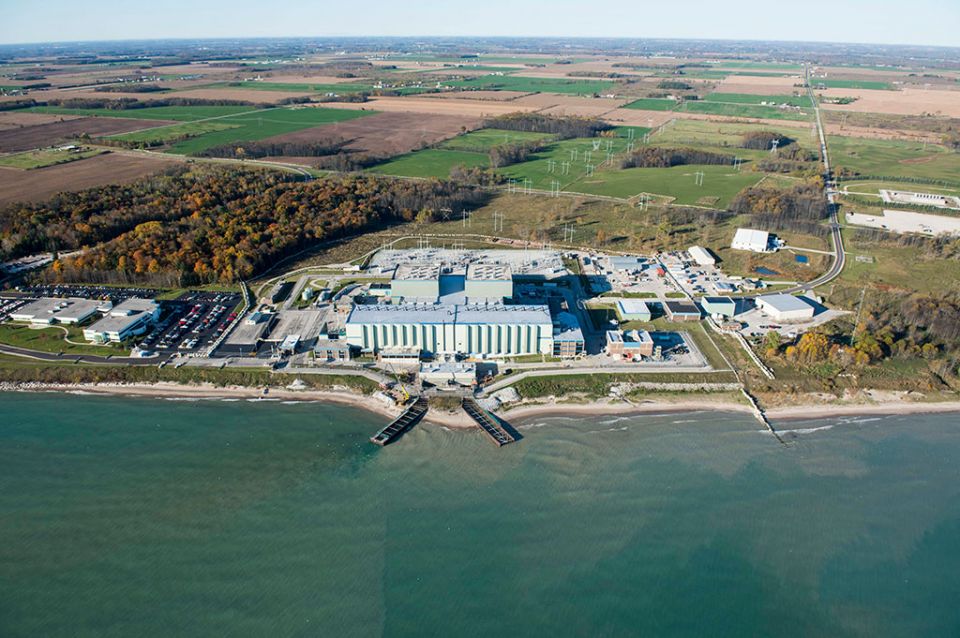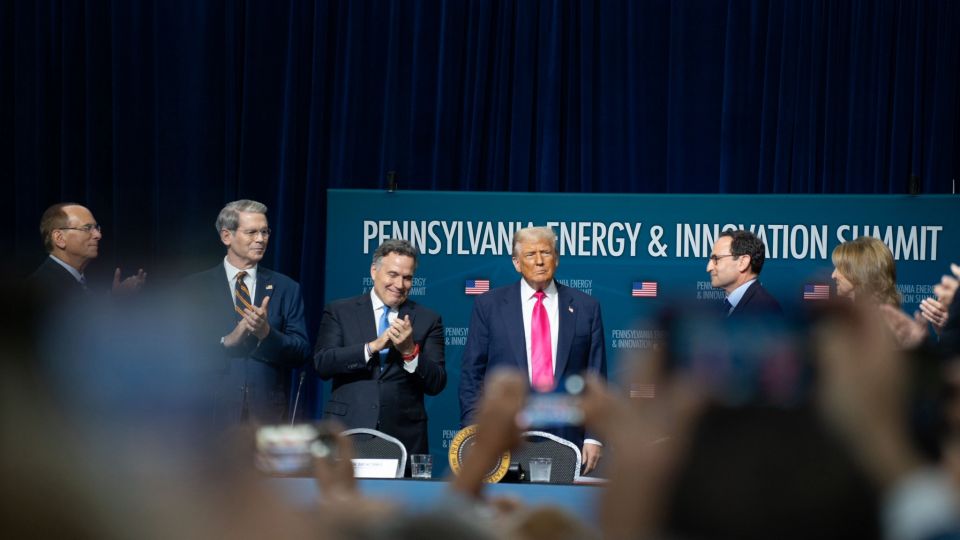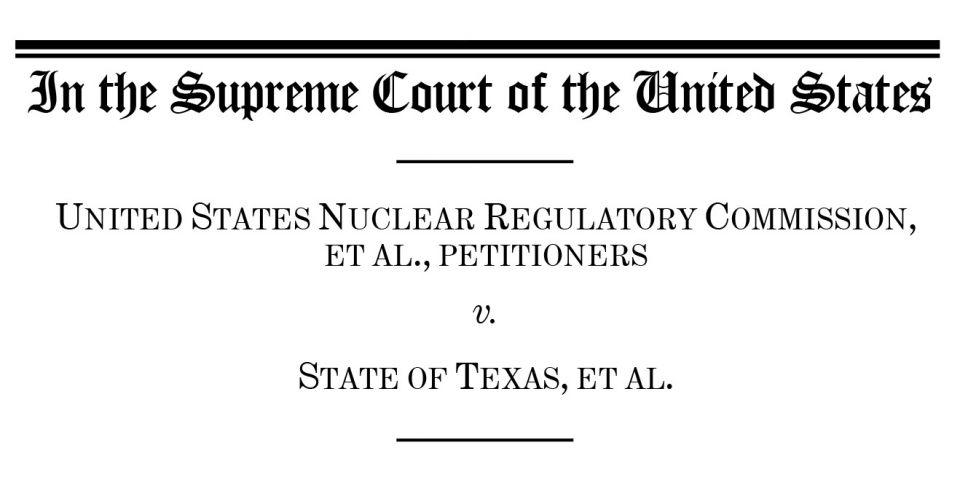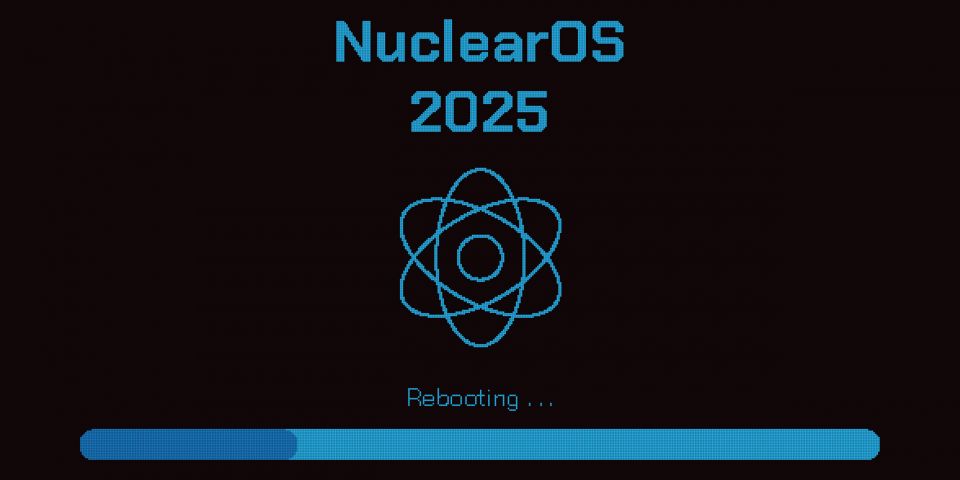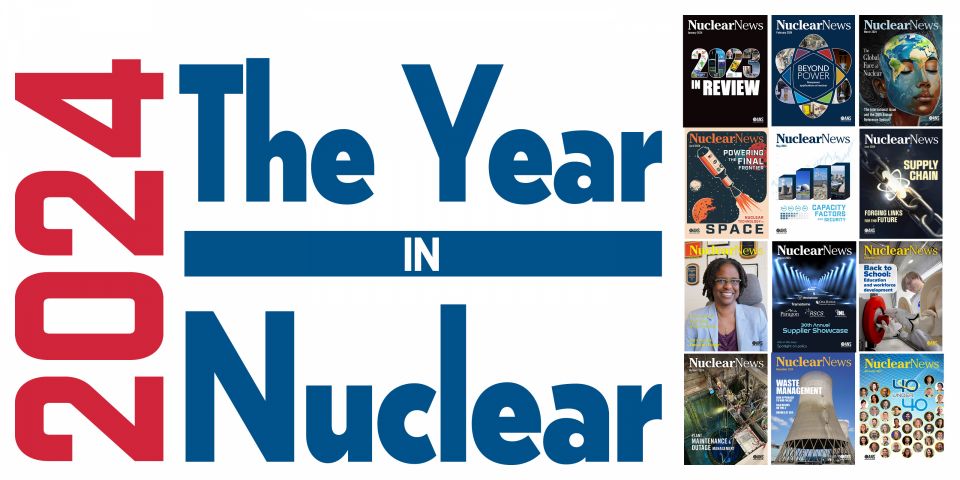Nuclear power in the Democratic and Republican party platforms—44 years ago
Tonight, Democratic presidential candidate Kamala Harris is expected to offer some policy details in a speech at the Democratic National Convention. With nuclear energy getting firm bipartisan support in Washington, D.C., it won’t come as a surprise if Harris backs nuclear power investments as part of her energy and climate policies.
But 11 campaigns and 44 years ago, in 1980, President Jimmy Carter and Republican presidential candidate Ronald Reagan were on the campaign trail in the first presidential election contest after the March 1979 accident at Three Mile Island. Democratic and Republican party operatives hashed out policy platforms that took stock of nuclear energy—and Nuclear News took note.

-3 2x1.jpg)
